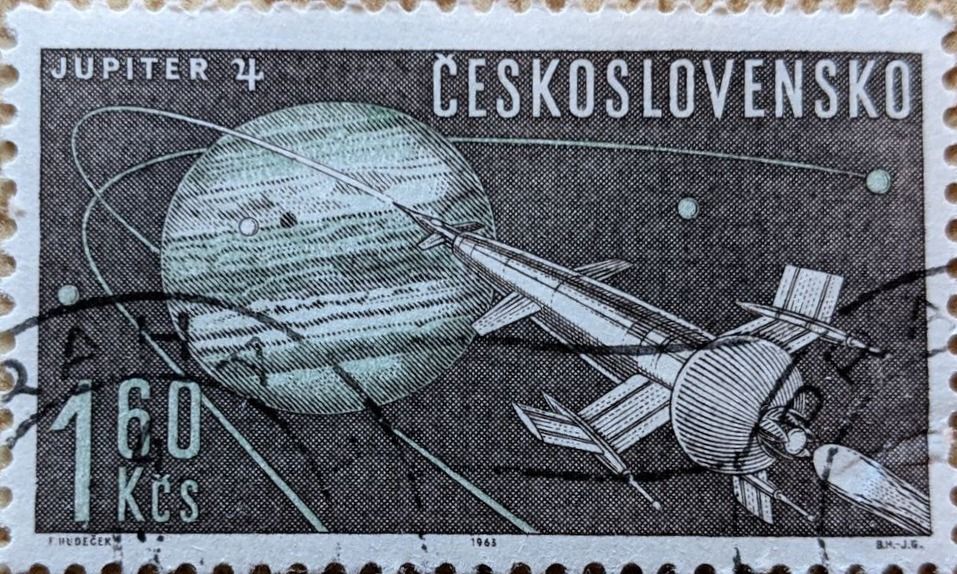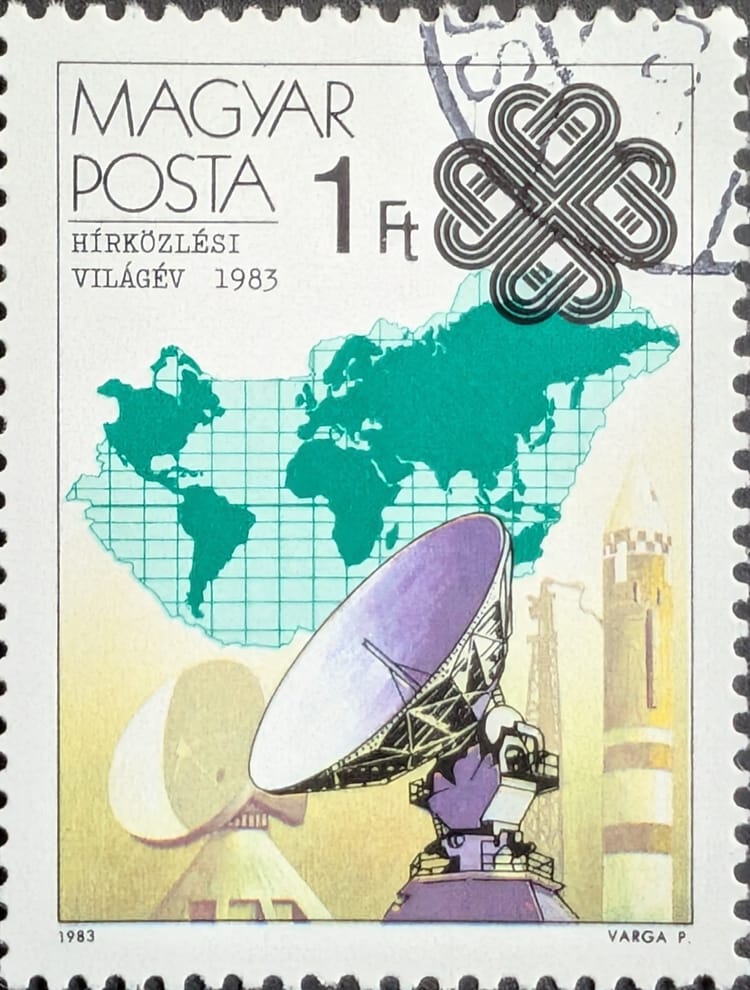Virgin Orbit--a Year Ago and Now

Looking at Virgin Orbit a Year Ago
It’s hard to believe a little over a year has passed since Chris Quilty and I wrote up the analysis “Virgin Orbit – Approaching Pole Position?” At the time, we believed the company would be air-launching its LauncherOne rocket in early 2020. We weren’t expecting the pandemic and its culling of unhealthy space companies as it continues, unchecked, to this day. We thought Virgin Orbit had a great shot at becoming the number two smallsat launcher (after Rocket Lab).
The analysis also identifies Virgin Orbit’s competitors, companies currently launching, and those with plans to launch. There’s also a (still pretty current) comparison among Virgin Orbit’s and the others’ costs per kilogram to launch a satellite. You’ll see that Virgin Orbit’s offering is not the least expensive option. We provided a few reasons why Virgin Orbit should be attractive to customers looking for a smallsat launch service. These could be justified tradeoffs for launching satellites at a higher price per kilogram than the competition:
“Could Virgin Orbit be number two? In our minds, Virgin Orbit’s air-launched system is one of the more differentiated and attractive options on the horizon. While somewhat payload-constrained, an air-launch system offers the ultimate in launch flexibility (location, timing, and orbital inclination). Furthermore, the company’s idea of using a Boeing 747 as a launch platform is practical and economical, especially when compared to Stratolaunch’s massively complex/expensive carbon fiber creation. Boeing 747’s are a known quantity. A person probably doesn’t have to throw a stone too far in any airport to hit a 747 mechanic or engineer. That’s just one example of the many good reasons to believe Virgin Orbit might be successful.”
We identified that the most significant factor indicating whether Virgin Orbit would succeed in coming to market was speed. Would the company implement and scale its launch operations quickly? We ended the analysis with that sentiment, emphasized:
“It just needs to be quicker and more responsive than its competition.”
Virgin Orbit Today
As noted, a year and four days have passed, and Virgin Orbit has yet to launch LauncherOne for a commercial customer. The company conducted an unsuccessful test launch in late May 2020, but there has been no launch since then. According to this Ars Technica article, LauncherOne may not launch until late 2020 or even some time in 2021. Based on the failure and lack of more launch attempts, it’s safe to say Virgin Orbit doesn’t yet have a product--at least not a reliable one. Since the company doesn’t have a reliable product, it also can’t have a launch service.
The lack of a product and a service (even one successful launch) are legitimate reasons to look skeptically at Virgin Orbit’s latest attempt in raising $200 million while pursuing a $1 billion company valuation. This is not to say that Virgin Orbit is a fake company with a fake product, but it certainly isn’t a “front-runner.” Though, it is worrisome that Virgin Orbit requires more cash between launch tests. If Richard Branson weren’t involved, I’d probably be more skeptical.
It doesn’t help that the company is also moving at the speed of a legacy space company...slowly...not a Silicon Valley company worried about the competition eating its lunch. Maybe this slow tempo is explained in that same Ars Technica article, “Virgin Orbit has a unique launch capability, but it has come at a high price.” Within that article, the author notes that Virgin Orbit employees who once worked at SpaceX and seen a change in how Virgin Orbit approached LauncherOne rocket development--which in part explains the company’s slow pacing:
“At the time, employees said the rocket offshoot of Virgin Galactic—Virgin Orbit would not be formally separated from Galactic until 2017—operated similarly to SpaceX in its earlier days. The business ran fairly lean, and it felt comfortable to move fast, testing some but not exhaustively. “At the time, we felt that failure was an option,” one former employee said.”
“Sources say the environment began to change in 2016, when long-time Virgin Galactic President Steve Isakowitz left to become chief executive of The Aerospace Corporation. In March of the following year, the newly formed Virgin Orbit named Dan Hart, who had spent decades as a system engineer at Boeing’s Space division, as its president. Hart had a successful record, but he also instituted a more cautious approach.”
Acting Like a Big Company?
First--I know--Boeing again, right? Is that a fair attribution?
According to the article, the rocket launch’s nature, using a Boeing 747 jet to launch a rocket while in the air, justifies the cautious approach. That 747 has people on board. Those people are at a high risk-level anytime the rocket launches from it. Hart scheduled more tests into LauncherOne’s development timeline to minimize those risks to the jet’s crew. The rationalization seems reasonable, but does it also inherently mean slowing down rocket development?
More testing doesn’t necessarily equate with requiring more time (there is such a thing as concurrent or near-concurrent development). However, it appears it does in the case of Virgin Orbit--especially if something goes wrong. The company is approaching development using “large company” schedules and processes but has access to startup funding levels. The two don’t mix because the extended program requires employing people (who get paid a lot) during that time.
It’s a new problem because, according to Ars, the company received development funding from other Virgin enterprises--at least before COVID-19 hit, which is probably why Virgin Orbit is seeking more funding now. These two issues, moving things to the right in the schedule with a possible funding source decrease (while hoping to gain more funding and an increased valuation), show that Virgin Orbit’s time to market can’t take too much longer.
Emphasizing the need to move faster is the already old challenge Virgin Orbit faced a year ago: its competitors. The company’s current competitors haven’t been standing still this past year. SpaceX and Rocket Lab are establishing themselves with customers as they continue launching smallsats. Firefly Aerospace appears to be close to test-launching a rocket later this year. Almost all offer smallsat launches for less than what Virgin Orbit states it will charge.
It’s not apparent Virgin Orbit will be the next U.S. smallsat launch operator Chris and I thought it might be at the beginning of 2020. While the company could be quicker than its competition, it’s not clear it will be.




Comments ()